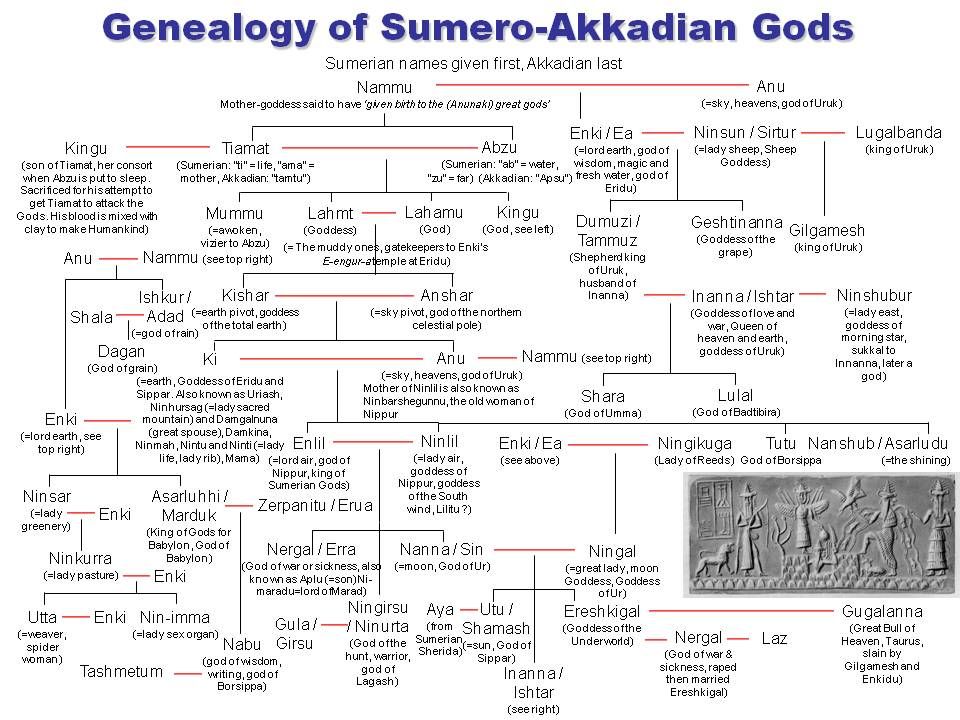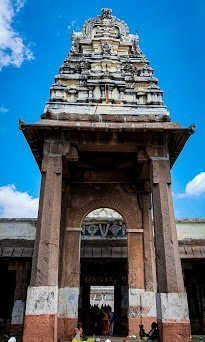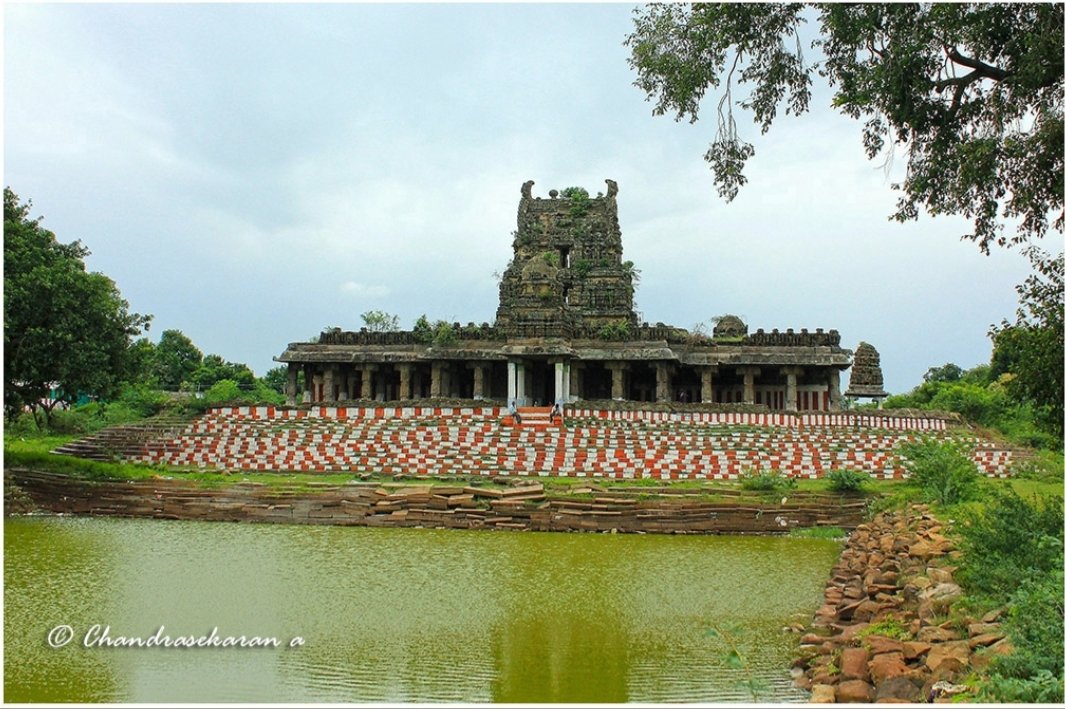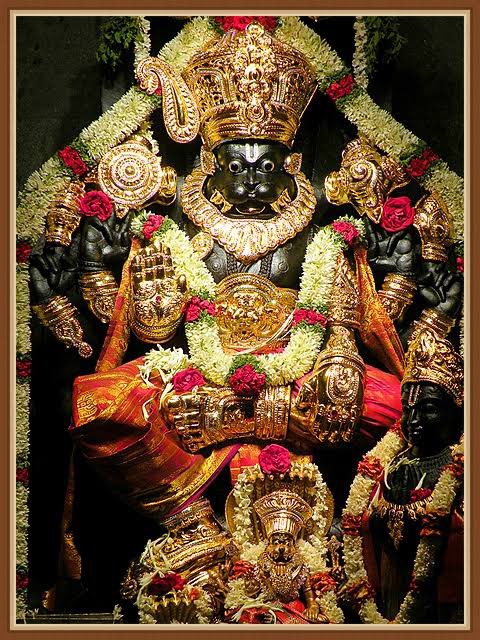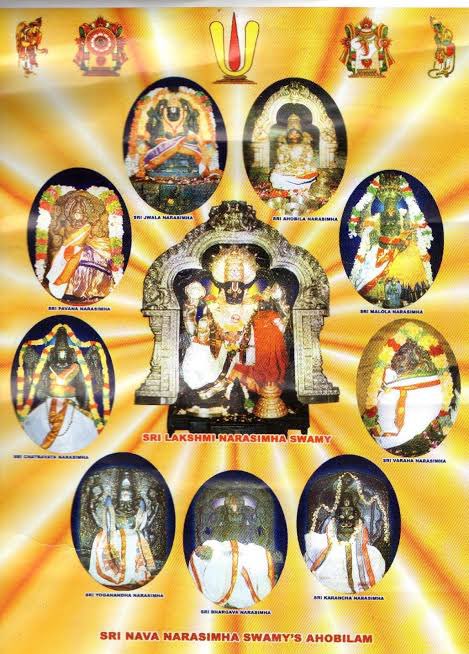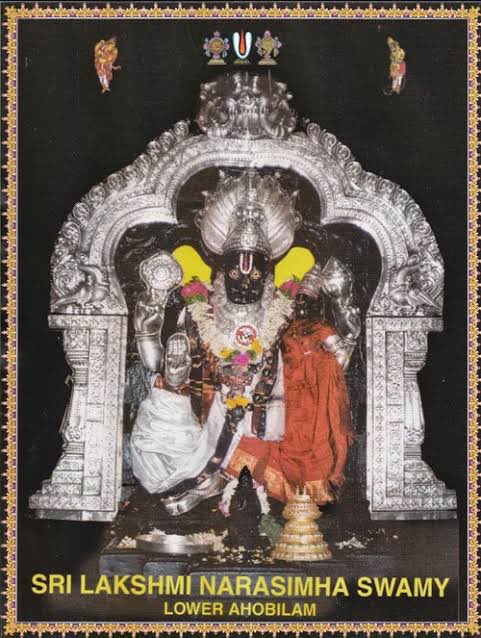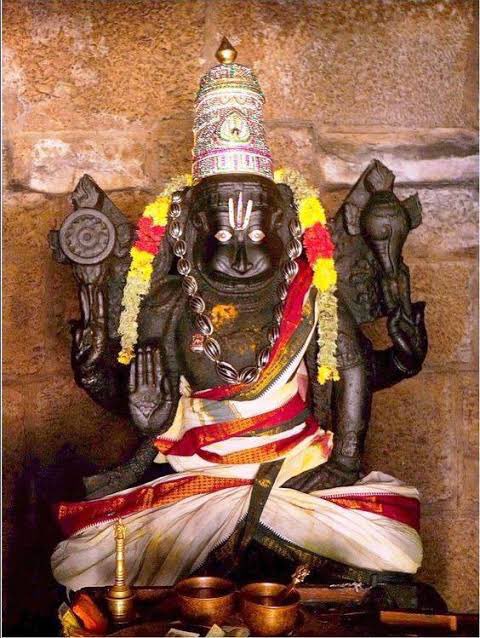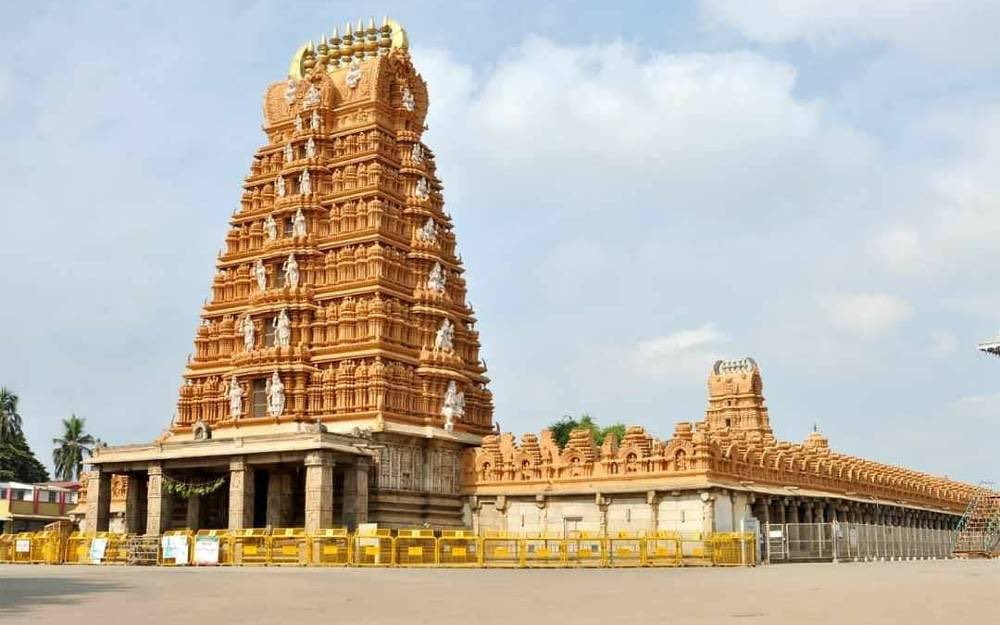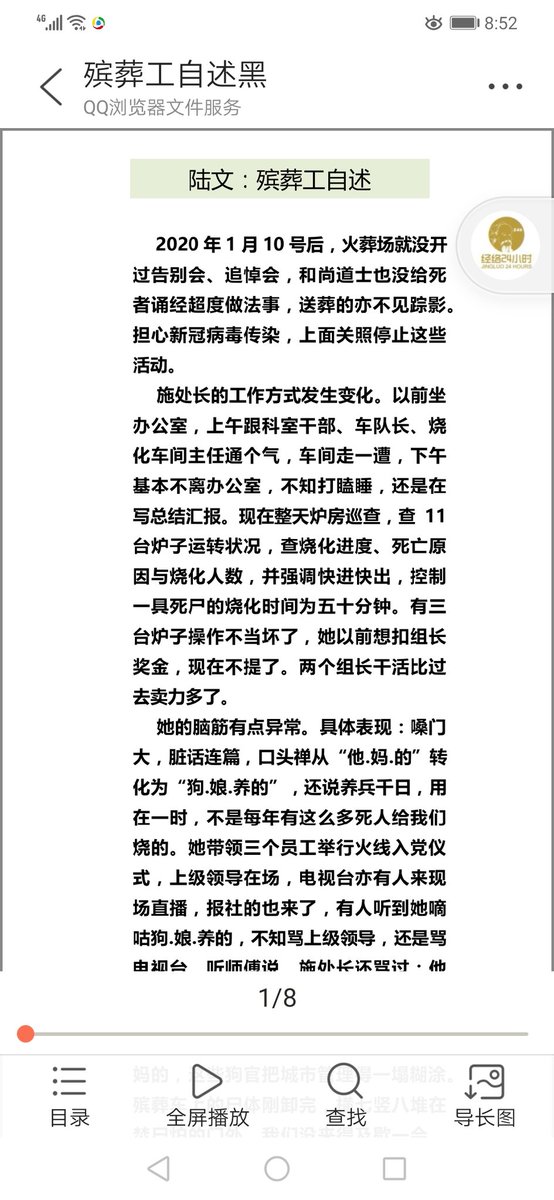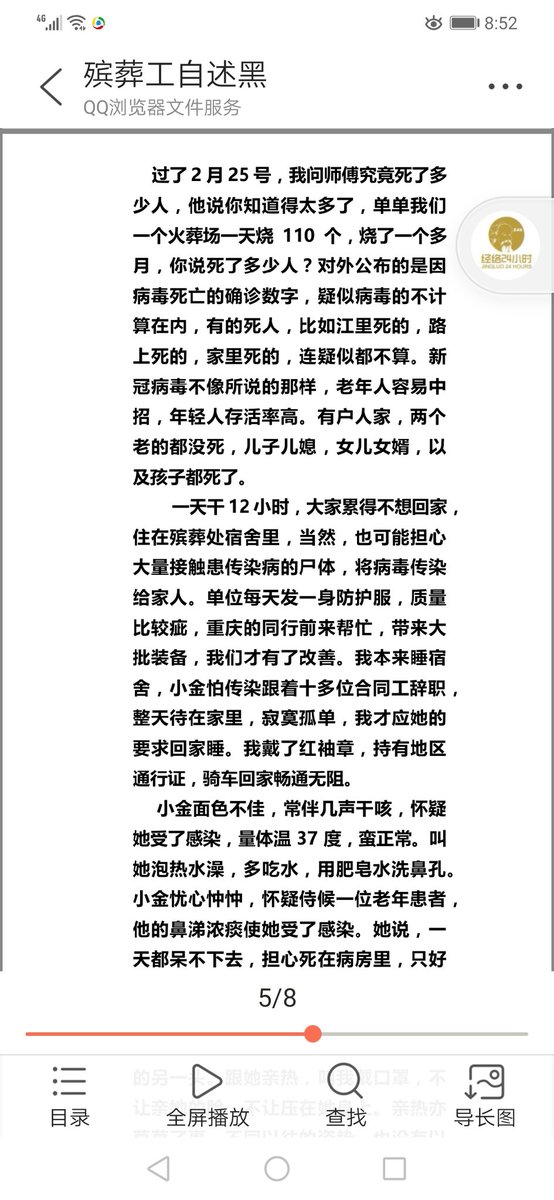Exhibit A⬇️
"...The flood came forth. Its power came upon the peoples like a battle,
one person did not see another, they could not recognize each other in the catastrophe..The deluge belowed like a bull...the darkness was dense, the sun was gone..."
From: The Epic of Atrahasis
The Epic of Atrahasis, an Akkadian/Babylonian poem recorded on clay tablets, tells the story of mankind's creation and a great flood sent by the gods to decimate humans on Earth.
The tablets are said to date back to the 18th century BC though the Flood tale itself is much older.
In the poem, Atra-hasis, the 'exceedingly wise' (a.k.a. Ziusudra, said to be the last Sumerian king before the deluge), had been warned by god Enki (a.k.a. Ea) of the coming disaster and instructed him to build an ark to save himself and his family.
Does it sound familiar? 🤔
Exhibit B ⬇️
"For six days and six nights the winds blew, torrent and tempest and flood overwhelmed the world, tempest and flood raged together like warring hosts. When the seventh day dawned the storm from the south subsided, the sea grew calm, the flood was stilled..."
"I looked at the face of the world and there was silence, all mankind was turned to clay. The surface of the sea stretched as flat as a roof-top; I opened a hatch and the light fell on my face. Then I bowed low, I sat down and I wept..."
From: The Epic of Gilgamesh
In this poem, Gilgamesh, king of Uruk, while grieving the death of his friend Enkidu, undertakes a journey to find the secret of eternal life. His path would eventually crossed with his ancestor, Utnapishtim, an immortal man who had survived the Great Deluge and tells the story.
Utnapishtim had been tasked by the god Enki to create a giant ship in preparation of a flood that would wipe out all life. He was asked to bring along his wife, family, animals, grains and few craftsmen. He and his wife were given immortality as reward.
Circa 25-27th century BC.
It seems clear that the Genesis flood narrative was heavily based on both Babylonian stories engraved on older cuneiform tablets, with the hero 'Noah' basically playing the role of Utnapishtim / Atrahasis.
Yet, a few questions arise ⬇️
If Jewish doctrine confirms that Noah's descendants, up to Abraham, lived in Mesopotamia/ Sumer before heading to the promised land, then:
* Why did the writers of Genesis choose to 'borrow' most of the Flood story and barely from other Babylonian myths also recorded on tablets?
If the Enuma Elish (7 tablets containing the Babylonian epic of creation) and the Sumerian king list indicate a span of over 242,000 years from the time the king/gods descended from heaven until the Flood, then:
*Why are Adam & Eve said to have lived just about 6,000 yrs ago? 🤔
If Babylonian / Sumerian epics clearly describe many 'gods' and 'goddesses' (along with their descendants), both in heaven and walking on Earth, then:
* Why did the writers of Genesis decide to pick ONE of them, above others, to be their only and truthful deity ("YHWH")? 🤔
From a religious standpoint, some may argue that Sumerian epics are nothing but myths while the bible tells nothing but the 'truth'.
Yet, as the oldest text of the bible seems to have 'adopted' some of those older stories, then religious implicitly acknowledge they may be true.
Furthermore, while the existence of a 'Gilgamesh', as an ancient king of the Sumerian city of Uruk (Warka, in today's Irak) can be archaelogically proven, that of Noah cannot...
About the 'myth' of the Great Deluge itself.
Apart from the 3 flood tales in Greek mythology, #DidYouKnow that a similar tragic event has also been described by several other (and geographically distant) ancient civilizations?
* In Hindu mythology, a hero called Shraddhadeva Manu, who had been warned by an avatar of god Vishnu of an oncoming flood, was able to save mankind by building a boat that carried his family and the seven sages to safety.
* In Aztec mythology, Coxcox and his wife Xochiquetzal were the only survivors of a worldwide flood. They used a hollow tree trunk floating on top of the water as a boat, and banked on a mountain in Culhuacan. Aztects and Toltecs believed they were their children's descendants.
* In the Norse creation myth, there's a primordial giant frost ogre called Ymir who was said to be killed by Odin and his brothers and whose blood frome his wounds is believed to have flooded Earth and drowned all frost giants, except for Ymir's grandson, Bergelmir, and his wife.
Are these stories about a deluge that almost wiped out the human race at some point in the past just myths? 🤔
Can the narratives be that coincidental just by chance? 🧠
More importantly, what would Earth and all its inhabitants / groups have been like prior to the flood?
🤷♂️












